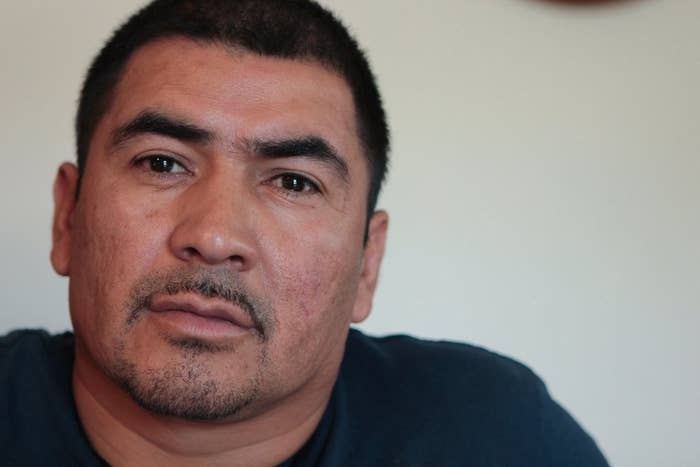
WASHINGTON — A federal court has ordered the federal government to pay a Mexican man nearly half a million dollars after he was shot in the back by a Border Patrol agent in the Arizona desert.
In a Feb. 5 ruling, Federal District Court Judge James Soto ordered the $497,000 payment to Jesus Castro Romo, a Nogales, Sonora, resident who was shot by Customs and Border Protection Agent Abel Canales during a routine 2010 immigration stop in the desert.
The ruling is significant because federal courts have almost uniformly rejected civil claims against individual agents and the federal government over the dozens of CBP-related shootings during the Obama administration. Castro is one of only a handful of known survivors of such shootings.
Canales, who was later sent to federal prison for working with members of a Mexican drug cartel, originally told federal investigators that Castro was unarmed. But in later testimony, the former agent claimed the Mexican citizen was holding a rock and was verbally threatening him.
Judge Soto was unconvinced, noting the additions to Canales' original statements to investigators ultimately rendered his testimony unreliable. "Although much of the additional testimony is not strictly contradictory, it renders Canales' testimony less credible: Canales was given every opportunity to describe in detail the encounter with Castro — with counsel present — the day after the shooting," Soto wrote.
Soto also pointed to Canales' conviction on bribery and corruption charges as undermining his testimony.
Soto also challenged the CBP's longstanding policy that the potential for a migrant to throw a rock at an agent constitutes a threat dire enough to justify the use of deadly force. The CBP's use-of-force policies allow agents to open fire when threatened by almost any potential weapon.
But Soto wrote, "A rock is not as deadly an object as a gun and requires a greater degree of certainty that the object will be used than the threat or perceived threat of a gun."
Critics contend that the CPB's use-of-force policies have contributed to numerous killings along the border, and officials have begun to instate a series of modest reforms.
In his ruling, Soto requires the government to pay Castro for the injuries caused by the shooting, subsequent treatment and medication costs, pain and suffering, and loss of income over the course of the next 38 years. Those costs totaled $553,000, but the judge cut it by 10%, finding that Castro, who was in the act of illegally crossing the border, was 10% responsible for his injuries.
A Justice Department spokesperson did not immediately return a request for comment.
